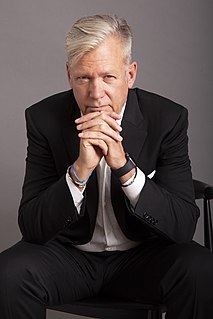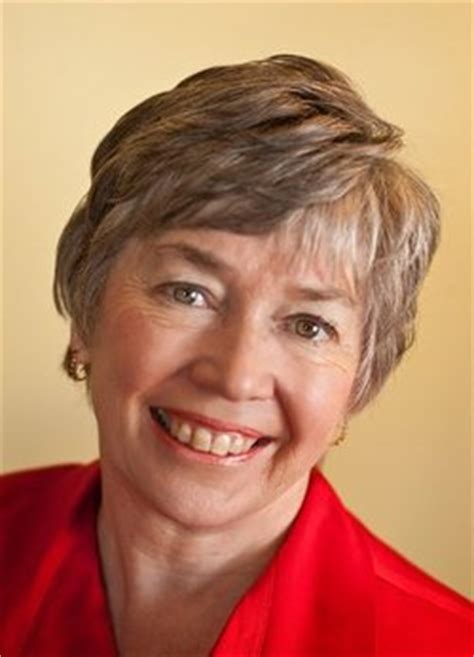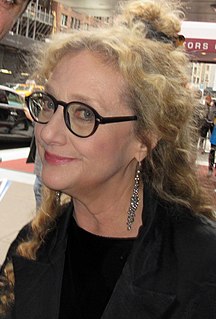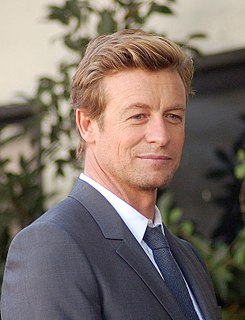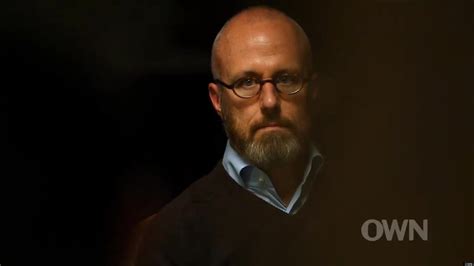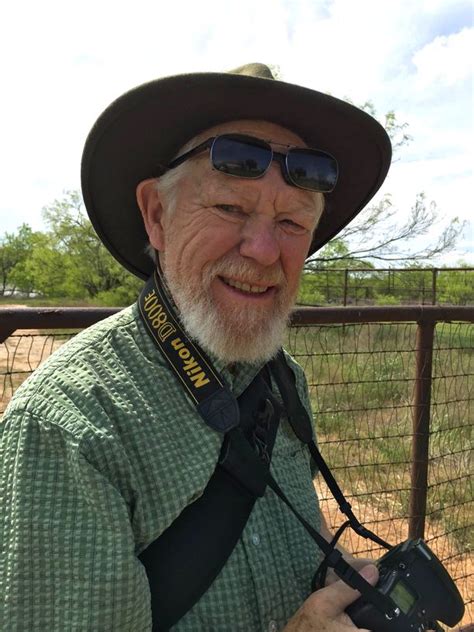A Quote by Maggie Gyllenhaal
Therapy was incredibly enlightening. I don't think it's only necessary if you're unwell - it's a useful tool for me to understand my own mind and how it works.
Quote Topics
Related Quotes
If you don't understand how something works, never mind: just give up and say God did it. You don't know how the nerve impulse works? Good! You don't understand how memories are laid down in the brain? Excellent! Is photosynthesis a bafflingly complex process? Wonderful! Please don't go to work on the problem, just give up, and appeal to God.
Now on to reparative therapy, I think counseling is a wonderful tool for anybody regardless of what struggle they bring to the table. I think we can all use a little bit of counseling on planet earth today. But when it comes to reparative therapy, the reason we have distanced ourselves from it is because some of the things that they employ and some of the messages that I've heard from reparative therapists with regards to what someone can expect once they get through that type of therapy.
The documentary style is an incredibly flexible and useful one. It's a wonderful tool for establishing the credibility of the version of things that's in the photograph - a kind of rhetorical device or rhetorical strategy. It's always felt very natural to me, because I want a person to end up thinking about the world, and to think about it in a way that is transformed by the experience of art.





